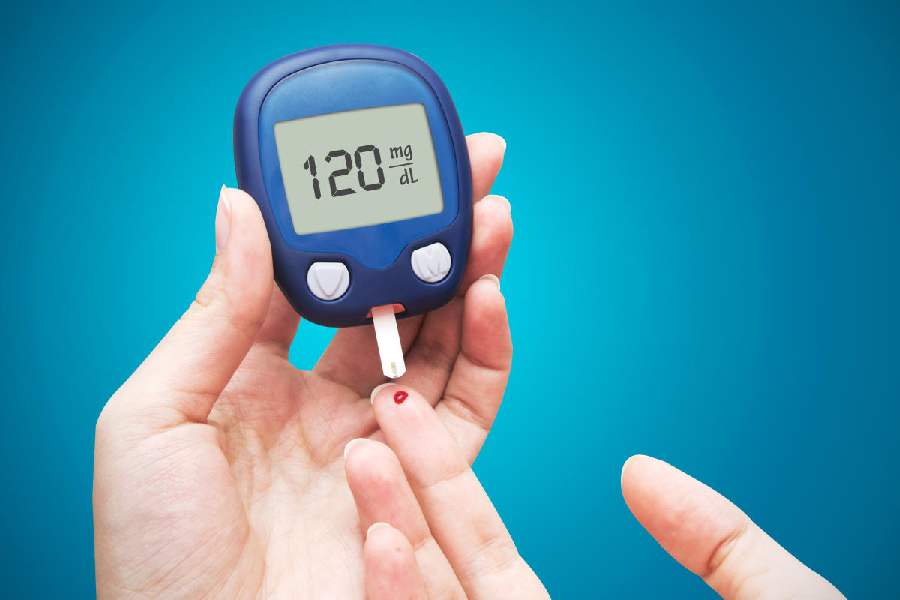People who sleep late and wake up late have a higher body mass index, larger waists and are nearly 50 per cent more likely to develop diabetes than people who sleep early, researchers have said in a new study released on Sunday.
While earlier studies linking sleep and diabetes have pointed to other lifestyle factors such as irregular or unhealthy eating coexisting with the late sleeping habit, the new findings indicate that the increased diabetes risk cannot be explained through lifestyle alone.
“We believe that other mechanisms are also at play,” Jeroen van der Velde, a health researcher at Leiden University Medical Centre in the Netherlands and the study’s lead author said in a media release.
One possible explanation, he said, could be that the circadian rhythm or the body’s biological clock in people who sleep late and wake up late is “out of sync” with work and social schedules in society. “This could lead to circadian misalignment, metabolic disturbances, and eventually to diabetes,” he said.
In their study, van der Velde and his colleagues analysed sleep timings, body fat distribution, and the prevalence of diabetes in over 5,000 people as part of a Dutch epidemiological study on obesity probing how body fat might influence disease.
The researchers divided the study participants into three groups — early chronotypes, the 20 per cent who slept early and woke up early, late chronotypes, the 20 per cent who slept late and woke up late, and intermediate chronotypes, the remaining 60 per cent.
They found that late chronotypes had a 46 per cent higher risk of developing diabetes compared to the intermediate chronotypes, even after the results were adjusted for age, sex, education, body fat, and key lifestyle factors such as diet quality, alcohol intake, smoking and sleep quality.
The findings will be presented at a conference of the European Association for the Study of Diabetes that opens in Madrid, Spain, on Monday.
The results suggest that lifestyle factors alone cannot explain the enhanced diabetes risk. Late chronotypes had on average a 0.7kg per metre squared higher body mass index, 1.9cm larger waist circumference, and 14 per cent higher liver fat content than intermediate chronotypes.
The study, published on Sunday in the research journal Diabetologia, is the second over the past year to point to a connection between sleep timings and diabetes risk that transcends lifestyle factors.
The higher body fat, including more visceral fat and liver fat, may be contributing to the diabetes risk, van der Velde said. The researchers are currently involved in a study to determine whether reversing metabolic disturbances could lower the risk of
diabetes.
Medical researchers at the Brigham and Women’s Hospital in the US had in an independent study last year reported that sleeping late and waking up late was associated with a 19 per cent increased diabetes risk, after accounting for other lifestyle factors.
“When we controlled for unhealthy lifestyle behaviours, the strong association between chronotype and diabetes risk was reduced but still remained, which means lifestyle explains a notable proportion of this association,” said Sina Kianersi, a researcher at Brigham and Women’s Hospital in a media release.
In the Netherlands, van der Velde and his colleagues are exploring whether eating early might help lower the diabetes risk. Night owls concerned about the increased risk might want to try eating early or refrain from eating late in the night, he said.










